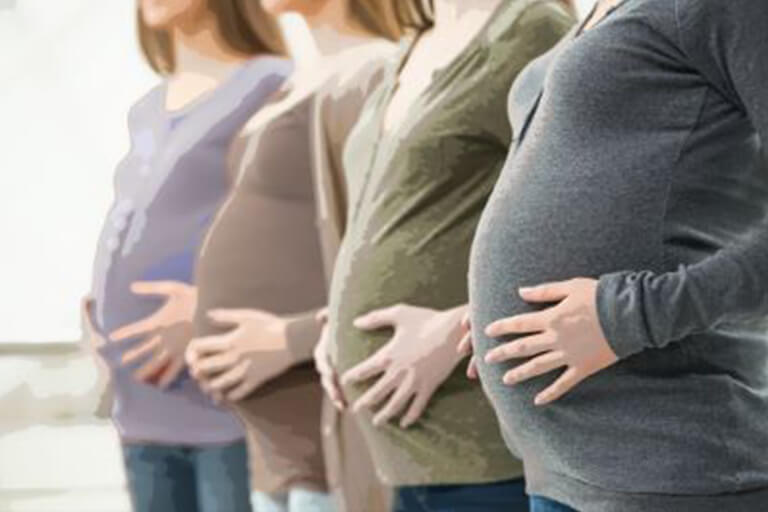The Relationship Dynamics and Social Life (RDSL) study was designed to investigate the processes leading to undesired pregnancy during the transition to adulthood. The RDSL data document detailed changes in young women’s behaviors across many domains of social life that occur rapidly in early adulthood, including intimate relationships, sexual behavior, and contraceptive use. The data include both prospective (before pregnancy) and retrospective (after pregnancy) measures of pregnancy desires and intentions, as well as young women’s perceptions of their partners’ desires for pregnancy, collected weekly throughout the study period. The data also include many measures of attitudes related to pregnancy.
Explore Topics

Contraceptive Use
We are using RDSL data to identify the factors associated with contraceptive use including attitudes toward contraception, pregnancy desire, intimate relationship characteristics, and community-level access to contraception.
Tell me more about contraceptive research
Intimate Partner Violence
We are using RDSL data to investigate the dynamic patterns of violence within young women's intimate relationships, including types of intimate relationships and individual & relationship factors that influence these patterns.
Tell me more about IPV
Intimate Relationships
Understanding the characteristics and dynamics of relationships formed during the transition to adulthood is central to understanding young women's risk of undesired pregnancy.
Tell me more about intimate relationships
Methods
RDSL tested a new data collection method that integrated telephone interviewing into a longitudinal web survey collecting weekly measures of pregnancy desires, contraceptive use, and intimate relationships.
Tell me more about research methods
Pregnancy Desires
We are using RDSL data to further our understanding of young women's desires for pregnancy, which is fundamentally important for reducing undesired pregnancy.
Tell me more about desire for pregnancy
Race-Ethnicity
We are using RDSL data to investigate the underlying mechanisms -- attitudes, intimate relationships, and contraceptive use -- driving differences in undesired pregnancy among young adults.
Tell me more about race/ethnicity in research
Undesired Childbearing
Undesired childbearing is associated with a wide range of negative health statuses for children and their mothers, and understanding its precursors is vitally important for its reduction.
Tell me more about undesired childbearing

